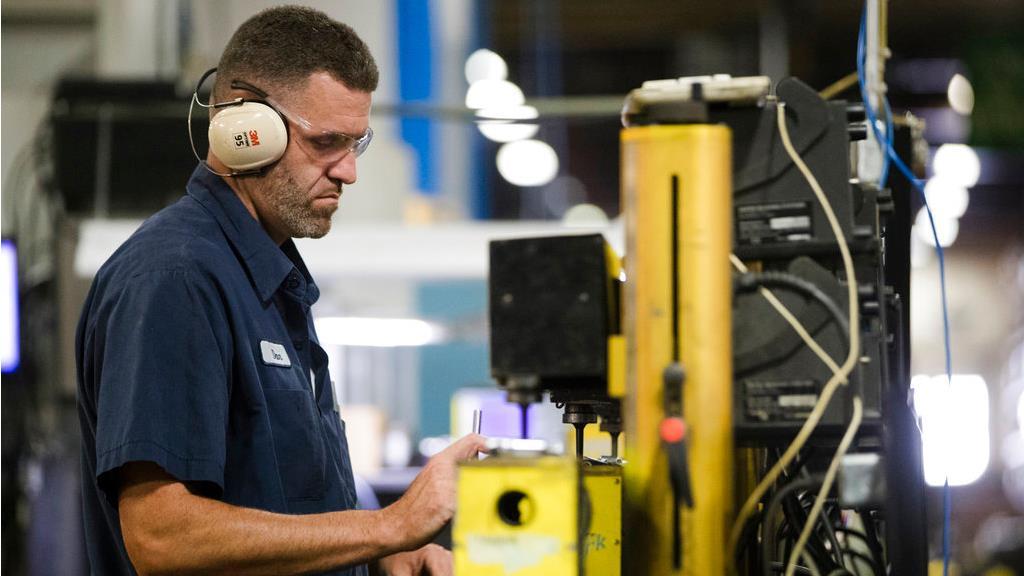Jobs report could signal a ‘stampede’ back into the workforce
The better-than-expected June jobs report, which saw the addition of 213,000 new positions to the U.S. economy and an increased labor force participation rate, is evidence of an economy that’s returning to work, according to the Council of Economic Advisers chairman.
“What we want to do is reconnect people who were discouraged by the bad economy that President Trump inherited, and we want to bring them back into society and get them back to work,” Kevin Hassett said during a FOX Business interview with Charles Payne on Friday. “It’s clear that this is the real message of work, almost the stampede back into the labor department.”
Although the unemployment rate ticked slightly higher to 4% from an 18-year-low of 3.8%, that’s actually a positive sign, Hassett said, because it means more workers are entering the workforce. In fact, an additional 601,000 Americans decided to look for work in June, driving the unemployment rate higher.
“And that’s like the best sign there is in this jobs report,” he said.
And while wage growth was “a little disappointing” -- average hourly earnings increased by 0.2%, compared to the 0.3% forecast by economists -- it also eased concerns about potential wage inflation.
Average weekly earnings, however, increased by about 3%, a sign that employers are investing in their workers rather than making additional hires, Hassett said.
“They went up at a very healthy pace, which means that because it’s getting a little harder to find workers, the employers are asking their employees to work longer hours,” he said. “Take-home pay is going up.”
Hassett attributed the positive report to the Republican-backed 2017 Tax Cuts and Jobs Act, which President Trump signed into law in December. Most notably, it temporarily cut taxes for individuals and permanently slashed the corporate tax rate to 21% from 35%.
“The tax cut is causing a capital spending boom, it’s very clearly in the data,” he said. “And that capital spending boom should have the normal cyclical effect. And that’s going to take a lot of the pressure off employers.”




















